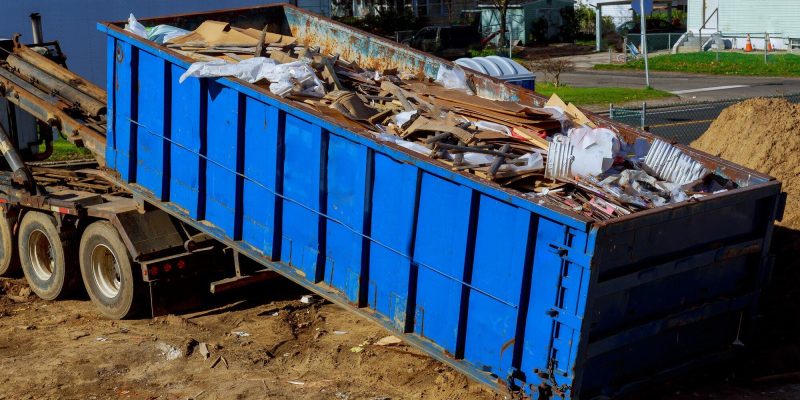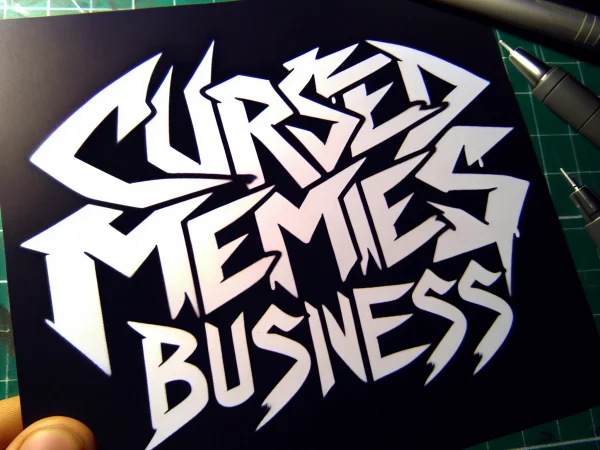Construction projects play a crucial role in shaping our cities, improving infrastructure, and creating the places where we live and work.
Yet, progress often brings a heap of waste along with it. Properly managing and disposing of construction waste isn’t just about being green – it’s also about saving costs and meeting regulations.
Enter the scene: a solid construction waste management plan. Dive into this article as we uncover eight key elements that make this plan a game-changer!
Let’s begin!
What is a Waste Management Plan?
Before we dive into the nitty-gritty, let’s get to the heart of a waste management plan. It’s a documented strategy that outlines how construction waste is managed from the moment it’s created until it’s properly disposed of.
This involves identifying where the waste comes from, implementing ways to reduce and recycle waste, and laying down rules for the right disposal methods. The goal is to minimize environmental impact and ensure compliance with regulations.
Why Is It Important?
Construction projects create tons of waste – from extra materials to packaging and debris. If we don’t handle it right, it can mess up the environment and bug the folks nearby. Plus, dealing with all that garbage can burn a hole in your pocket if you don’t prep for it.
So, having a solid waste management plan not only sorts out these headaches but also keeps you in the clear with the rules laid down by the local bigwigs. It saves you from fines, keeps your rep intact, and shows you’re on the ball.
1. Comprehensive Waste Assessment
At the heart of a successful construction waste management plan is a solid waste assessment. Before starting construction, project managers need to dig into what kinds and how much waste will likely pile up.
Think about the materials, project size, and the eco-footprint. Knowing the amount of waste upfront helps in crafting specific plans to handle and cut it down.
Plus, it nails down the costs of waste disposal. This assessment should be a collaborative effort involving the entire construction team, including contractors and suppliers.
2. Set Clear Objectives and Targets
Setting clear objectives and targets is key for a construction waste management plan to succeed. These goals should be SMART: specific, measurable, achievable, relevant, and time-bound.
For example, a specific objective could be to divert 50% of construction waste from landfills by implementing recycling and reuse strategies. Measurable targets could include tracking the amount of waste diverted and comparing it to the initial waste assessment.
Whether you’re looking to cut waste, boost recycling, or reduce landfill use, having clear goals gives the whole team a roadmap to follow. Plus, it helps track progress and make tweaks along the way to hit those targets.
3. Implement Waste Segregation Practices
Waste segregation is a key part of a solid construction waste management plan. By carefully sorting materials like concrete, wood, metal, plastics, and packaging right from the start, construction sites can smooth out the recycling process.
This not only ups their recycling game but also helps cut down on landfill waste, making a positive impact on the environment. Plus, by getting these practices in place, construction firms can not only help the planet but also maybe save some cash on disposal in the long haul.
4. Educate and Train Construction Site Personnel
Education and training play a crucial role in nurturing a culture of sustainability on construction sites. Everyone involved in the project, whether workers or supervisors, should get the right training on waste management practices.
That means knowing how to separate materials correctly, use specific waste disposal zones, and follow safety rules. A well-informed team is more likely to get involved in cutting down waste. Think about offering more training on sustainable building methods and why reducing waste matters.
5. Partner with Responsible Waste Disposal Services
When it comes to managing waste, it’s not just about the construction site. Teaming up with trusted waste disposal services, like this Junk Removal in Houston, ensures that waste gets handled and disposed of responsibly. This is good for the environment.
They’re pros at clearing out construction debris, making recycling and proper disposal a breeze. By partnering with them, you’re meeting all the waste disposal rules. You’re also reducing your project’s environmental footprint.
6. Prioritize Reuse and Recycling
One key aim of a construction waste management plan is to focus on reusing and recycling construction materials rather than just throwing things away. Look for stuff that can be saved, fixed up, or given a new purpose for later.
Setting up recycling construction materials schemes for things like concrete, metal, and wood is kinder to the environment and saves resources. Plus, encouraging the use of recycled materials in building work helps make the industry more sustainable.
7. Monitor and Evaluate Progress
Keeping an eye on things and checking in regularly are key parts of a successful construction waste plan. Set up a way to track how much waste is being generated, how much is being recycled, and what’s being diverted from landfills.
By doing these check-ins, project managers can spot where things can get better and tweak stuff to hit those waste reduction goals. And, by keeping tabs consistently, the construction site stays on the right path throughout the whole project.
8. Implement Incentives for Waste Reduction
Let’s get everyone involved in the waste management plan by offering incentives for reducing waste. Recognizing and rewarding construction site workers for cutting down on waste can lift spirits. It can make everyone feel responsible.
How about setting up a reward system for hitting recycling goals, lowering waste production, or coming up with new ways to reduce waste? Incentives help create a positive vibe and inspire the team to embrace sustainable practices.
Building a Sustainable Future Through Construction Waste Management Plan
In conclusion, a good plan for managing construction waste is critical. It’s a key part of responsible and sustainable construction. You can implement the eight key elements discussed in this article. You start with a waste assessment and then partner with responsible waste disposal services.
Construction projects can greatly reduce their environmental impact by focusing on waste reduction, recycling, and responsible disposal. This not only helps the planet but also enhances the long-term success and reputation of projects. The construction industry must adopt these practices for a sustainable, environmentally conscious future.
Don’t stop here! Continue browsing through our variety of articles covering a wide range of topics on













